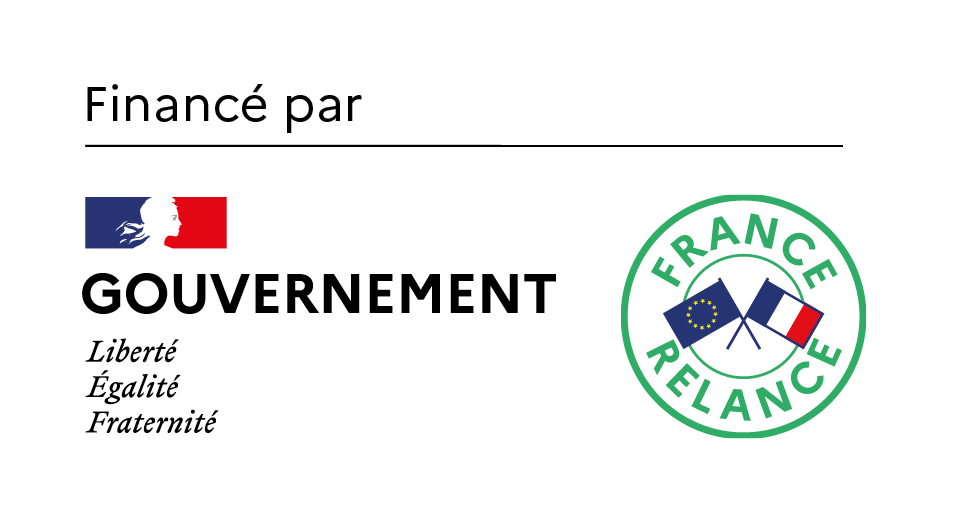
To support the economy in these difficult times, the French government has set up a fund for industries that create value and jobs. As part of the economic recovery plan, “France Relance” has a double ambition: to revive economic activity and prepare for the future by 2030.
GMD Plastic & Leather Systems is one of the winners of the “support for investments in the automotive sector” call for projects launched on August 31, 2020 and has been selected by the French government for its “Less Plastic” innovation program.
This “Less Plastic” program has three components: the Coreback process, the NFPP back injection process and the significant increase in the use of recycled materials in manufacturing processes. The “France Relance” subvention will cover part of the investments linked to studies, tests and process validations.
The “France Relance” subvention will cover part of the investments linked to studies, tests and process validations.
This extensive program will ensure the launch of growth, innovation and production diversification projects while reducing the mass of plastic parts by 10 to 25%. The “Less Plastic” program will increase the proportion of recycled material in the parts produced from 16.5% to 25% and thus reduce the consumption of non-recycled material by 9%.
The first part of the “Less Plastic” program concerns Coreback process.

Coreback is a process that consists in injecting a mixture of PP material and blowing agent into a thin cavity (around 2 mm). After a relatively short time where the surface skin of the part freezes, the mold is opened, which allows the material in the center to expand.
The objective for GMD Plastic & Leather Systems is to offer innovative solutions to its customers to increase the mechanical performance while reducing the weight of the parts produced.

The second part of the “Less Plastic” program concerns the NFPP BACK INJECTEDprocess, which consists of adding plastic material to a thermo-compressed skin made of natural fibers only where reinforcement is needed.
This will increase the scope of possibilities for these parts as well as their own rigidity. These parts are intended to replace pure plastic parts while being 20 to 40% lighter.

And last, but not least, the third part of this program concerns the studies on the significant increase in the use of recycled materials in the manufacturing process
Everything is being done to increase the use of recycled materials from 14% to 25%.
